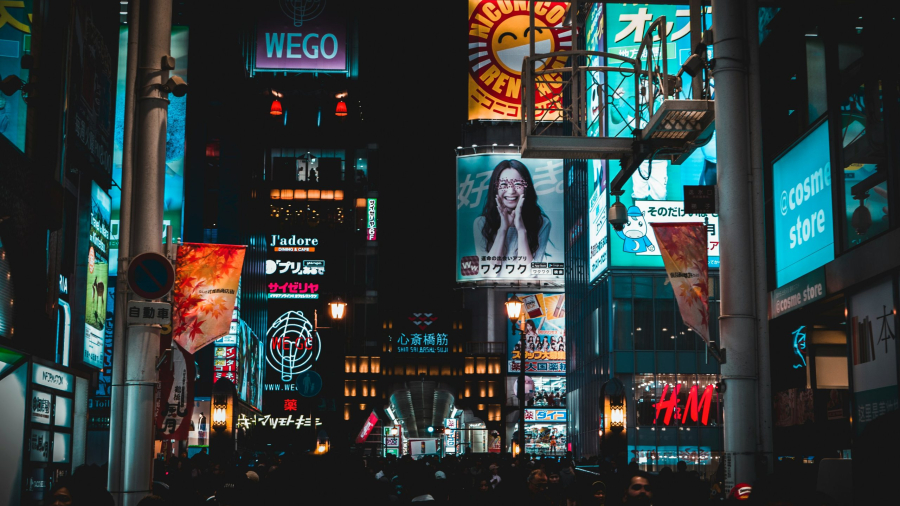Introduction: Celebrity scandals encompass a wide range of events and actions within the entertainment industry that attract attention due to personal issues, legal troubles, or public behavior. Understanding this definition is crucial before delving into the ways in which these controversies influence public perception and media narratives.
Media Coverage of Celebrity Scandals: Various media channels, including traditional news outlets, tabloids, gossip magazines, television programs, and digital platforms, extensively cover and sensationalize celebrity scandals. This coverage is often driven by profit motives, leading to the amplification of controversies and the creation of celebrity narratives that shape public opinion.
Public Perception: Celebrity crises have a profound impact on how the public perceives individuals involved. These controversies can affect celebrities’ likability, credibility, and career prospects, with media coverage playing a significant role in shaping public opinion. Understanding this influence sets the stage for exploring the dynamics between celebrity scandals and public perception.
Historical Celebrity Scandals: Celebrity scandals have a long history, with noteworthy incidents occurring across different decades and periods. These scandals have had significant impacts on public opinion, highlighting the enduring nature of celebrity controversies in popular culture.
Traditional Media Coverage: Traditional media outlets, such as newspapers, television, and magazines, have historically played a central role in covering celebrity scandals. The evolution of reporting standards, the rise of investigative journalism, and the influence of paparazzi and tabloid journalism have shaped how these scandals are portrayed in the media.
The Rise of Digital Media: The advent of digital media and social platforms has transformed the landscape of celebrity scandal coverage. Platforms like Twitter, Facebook, Instagram, and YouTube enable the rapid spread of information and direct engagement between celebrities and their audiences, presenting new challenges and opportunities in media coverage and public perception.
The Media’s Role in Scandals: Media outlets often prioritize sensational content to attract viewers, sometimes sacrificing truth and ethical reporting standards in the process. This can lead to intrusive and contentious reporting practices, particularly by paparazzi and tabloid publications, which contribute to negative perceptions of celebrities.
Celebrity Responses: Celebrities employ various strategies to respond to scandals and media coverage, including public statements, social media posts, and crisis management tactics. Public relations professionals often play a key role in managing the fallout from controversies and rebuilding celebrities’ reputations over time.
Conclusion: The study highlights the significant impact of media coverage on shaping public perception of celebrities, from traditional reporting to digital media platforms. As media ethics and accountability evolve, and social media’s role in celebrity narratives continues to grow, the relationship between celebrity scandals, media coverage, and public opinion remains dynamic and complex.



Add a Comment